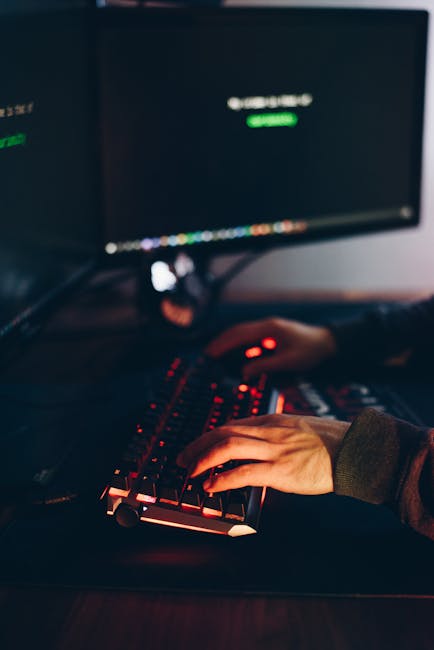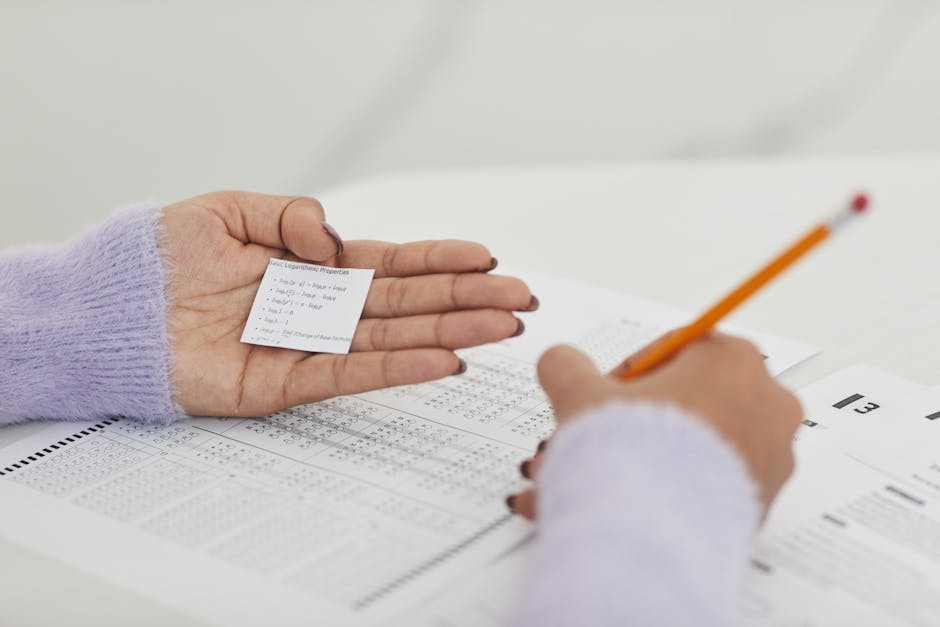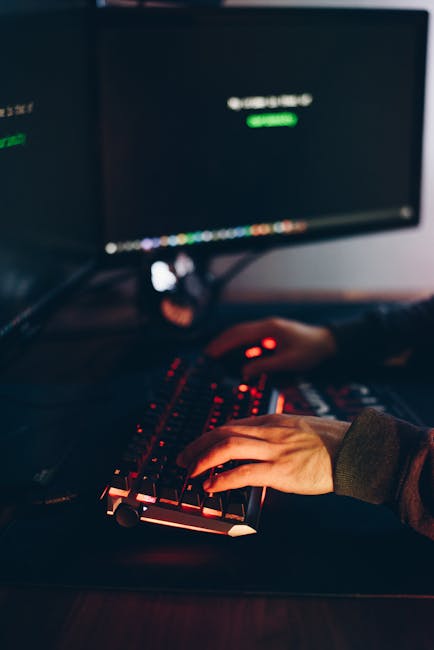Will Cheating Be Illegal in 2026? Exploring the Future of Academic and Professional Integrity
The question, “Will cheating be illegal in 2026?” is complex and doesn’t have a simple yes or no answer. While outright criminalizing cheating isn’t likely to happen on a widespread scale by 2026, the landscape of academic and professional integrity is rapidly evolving. Technological advancements, heightened awareness of ethical issues, and stricter enforcement measures are all contributing to a future where the consequences of cheating are increasingly severe.
The Current Legal Landscape of Cheating
Currently, cheating isn’t generally a crime in itself. Instead, the repercussions depend heavily on the context. In academic settings, cheating typically leads to disciplinary actions such as failing grades, suspension, or expulsion. Professional contexts have their own consequences, ranging from reprimands and loss of professional license to legal action in cases of fraud or plagiarism that cause significant financial or reputational damage.
For example, plagiarism, a common form of cheating, can have severe legal consequences if it involves copyright infringement. Submitting someone else’s work as your own and publishing it commercially can result in lawsuits and substantial fines. Similarly, academic dishonesty, particularly in high-stakes examinations like medical licensing exams, can lead to criminal charges in some extreme cases if it involves collusion, bribery, or fraud.
Technological Advancements and Detection of Cheating
Technology is playing an increasingly significant role in detecting cheating. Sophisticated plagiarism detection software is becoming more accurate and widely used in academic institutions and professional settings. Proctoring systems for online exams utilize AI and facial recognition to identify irregularities and deter cheating. These technological advancements are making it harder to cheat undetected, and this increased detection rate indirectly increases the consequences.
AI’s Role in Detecting Cheating
Artificial intelligence is proving to be a game-changer in detecting cheating. AI-powered systems can analyze writing styles, identify patterns of plagiarism, and even flag suspicious behavior during online exams with remarkable accuracy. As AI technology continues to improve, its role in deterring cheating will only become more prominent. This technology reduces the viability of cheating, thus indirectly increasing the severity of its consequences.
The Growing Emphasis on Ethical Conduct
There’s a growing societal emphasis on ethical conduct across all sectors. Businesses are increasingly prioritizing ethical practices, and institutions are implementing stricter policies to address academic dishonesty. This emphasis is fueled by increased awareness of the long-term consequences of cheating on trust and integrity. The reputational damage associated with cheating is becoming increasingly significant, creating a stronger deterrent than any potential legal repercussions.

Will Specific Laws Regarding Cheating Emerge?
While a blanket law criminalizing all forms of cheating is unlikely in 2026, the possibility of more specific legislation targeting certain types of cheating cannot be ruled out. For example, we might see stricter laws pertaining to academic fraud involving large-scale cheating rings or the unauthorized dissemination of exam materials. The focus might shift towards prosecuting those who facilitate cheating rather than solely targeting the individuals who partake in it.
The Future of Academic and Professional Integrity
The future of academic and professional integrity hinges on a multi-faceted approach. It requires stricter enforcement of existing policies, continued development and implementation of advanced detection technologies, and a renewed emphasis on ethical education and awareness. While outright criminalization of cheating might not be the solution, the combined impact of these factors will likely make cheating increasingly risky and less rewarding.
Preventive Measures: Education and Ethical Frameworks
The most effective approach to combating cheating is prevention. Institutions are increasingly focusing on educating students and professionals about the ethical implications of cheating and the severe consequences it carries. Stronger ethical frameworks are being implemented to foster a culture of integrity and responsibility.

Conclusion: The Shifting Landscape of Dishonesty
While a complete legal overhaul criminalizing all instances of cheating by 2026 is unlikely, the future will undoubtedly see a more stringent and technologically driven approach to addressing academic and professional dishonesty. The combination of improved detection methods, stricter institutional policies, and a heightened awareness of ethical considerations will likely make cheating a far riskier endeavor than it is today. The consequences of getting caught may not involve immediate criminal charges, but the long-term effects on reputation and career prospects will continue to serve as a powerful deterrent.

The question isn’t solely about whether cheating will be illegal, but rather about how the combined forces of technology, ethics, and policy will reshape the landscape of academic and professional integrity. The future of honesty will be determined not by specific laws, but by a collective commitment to upholding ethical standards.

